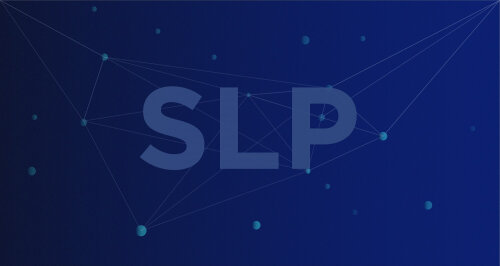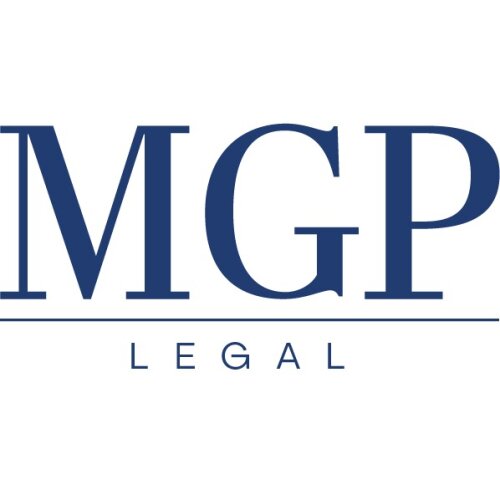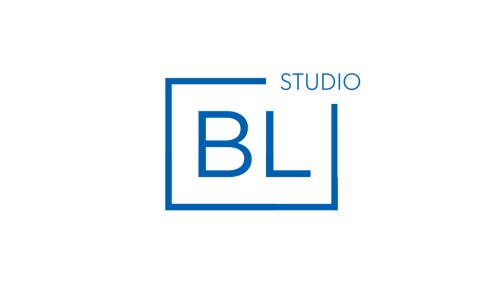Best Sanctions & Export Controls Lawyers in Florence
Share your needs with us, get contacted by law firms.
Free. Takes 2 min.
List of the best lawyers in Florence, Italy
About Sanctions & Export Controls Law in Florence, Italy
Sanctions and export controls are critical areas of law that regulate how goods, technologies, and services can be transferred across national borders, with the goal of achieving foreign policy and security objectives. In Florence, Italy, such laws are guided by a combination of European Union (EU) regulations and Italian national legislation. Authorities aim to restrict or monitor the flow of certain products, financial assets, and data to specific countries, organizations, or individuals in response to international developments. These measures often align with United Nations and EU policies and are strictly enforced by local authorities to ensure compliance and uphold both national and international obligations.
Why You May Need a Lawyer
Engaging a lawyer with expertise in sanctions and export controls is essential in many scenarios:
- If your business exports goods or technologies from Florence to foreign markets and needs to ensure compliance with applicable laws
- If you are unsure whether your products or services fall under sanctioned categories or dual-use items
- If you receive a request or order from a foreign customer in a high-risk or embargoed country
- If your company faces a regulatory investigation, penalty, or seizure related to sanctions or unauthorized exports
- If you are a local individual or entity with foreign investments subject to asset freezes or financial restrictions
- If you need guidance about internal compliance programs, screening procedures, or staff training
- If you encounter legal issues concerning re-exports, indirect exports, or the transfer of controlled information
- If authorities notify you of potential involvement in circumventing sanctions or export bans, intentionally or not
- If you are dealing with blocked payments or disruptions in financial transactions due to international sanctions rules
Professional legal support ensures you understand your obligations, avoid severe penalties, and protect your business or individual interests.
Local Laws Overview
Sanctions and export controls in Florence fall under the broader legal framework set by the EU, which Italy implements and enforces. Key aspects include:
- EU Sanctions Regulations - As an EU member, Italy enforces restrictive measures against countries, individuals, and entities as prescribed by Brussels, including embargoes, asset freezes, and trade restrictions.
- National Legislation - The Italian government transposes and complements EU rules through specific laws and regulations, providing for local enforcement and penalties. The Ministry of Economic Development (MISE) and Ministry of Foreign Affairs play leading roles.
- Customs Controls - Italian Customs (Agenzia delle Dogane e dei Monopoli) monitors and inspects exports, requiring appropriate licenses and documentation for sensitive goods, particularly dual-use items and military equipment.
- Financial Sanctions - Banks and financial operators in Florence are obligated to screen transactions against sanction lists, freeze assets, and report suspicious activities to the Italian financial intelligence and anti-money laundering agency (UIF).
- Licensing and Classification - Exporters must determine the classification of their products (such as under the EU Dual Use Regulation) and apply for the necessary licenses through national authorities.
- Criminal and Administrative Penalties - Violations can result in heavy fines, criminal prosecution, seizure of goods, and restrictions on business activities.
Frequently Asked Questions
What are sanctions and export controls?
Sanctions are measures imposed to restrict transactions with specific countries, organizations, or individuals. Export controls regulate the transfer of certain goods, technologies, and services for security and policy reasons.
Who enforces these laws in Florence, Italy?
The main authorities are the Ministry of Economic Development, Ministry of Foreign Affairs, Italian Customs, and Italian financial intelligence units, all working in coordination with EU agencies.
What is a dual-use item?
A dual-use item is a product, technology, or software that can be used for both civilian and military applications and is subject to strict export controls.
What penalties can arise for violations?
Penalties range from administrative fines to criminal prosecution, imprisonment, confiscation of goods, business bans, and reputational damage.
How can I determine if my product needs an export license?
You should assess the product classification, destination country, end user, and intended use. Consulting a legal expert or the Ministry of Economic Development is advised.
Can I export to Russia, Iran, or other sanctioned countries?
Exports to countries under sanctions or embargoes are often heavily restricted or prohibited. Each case depends on the specific regulations in place at the time.
What should I do if I receive a suspicious order?
Carry out thorough due diligence and compliance screening. If uncertainty persists, seek legal advice before proceeding.
Are there restrictions for intangible transfers, like software downloads or sharing technical data?
Yes, intangible exports such as electronic transfers of software, encryption, or technical data are regulated similarly to physical goods exports.
Do small businesses in Florence need to comply with these laws?
Yes, all businesses, regardless of size, must comply with sanctions and export control laws, even if only occasionally involved in international trade.
How can lawyers help my company avoid violations?
Lawyers can assist with compliance assessments, license applications, internal policies, risk reviews, training, and representation in case of investigations or disputes.
Additional Resources
For further information or assistance, you may consult the following resources and organizations:
- Ministry of Economic Development (Ministero dello Sviluppo Economico - MISE) - Responsible for export licensing and dual-use controls
- Ministry of Foreign Affairs and International Cooperation - Oversees international sanctions enforcement
- Italian Customs and Monopolies Agency (Agenzia delle Dogane e dei Monopoli) - Handles customs checks and enforcement
- Bank of Italy (Banca d'Italia) and Financial Intelligence Unit (UIF) - For financial sanctions and reporting
- European Commission - For EU-wide sanctions and export control regulations
- Florence Chamber of Commerce - May offer support to local businesses engaged in international trade
- Professional legal associations or law firms specializing in trade compliance located in or near Florence
Next Steps
If you believe you need legal advice or assistance regarding sanctions and export controls in Florence, consider the following steps:
- Conduct a preliminary self-assessment of your business activities or personal transactions that might be affected
- Gather relevant documents such as product details, contracts, correspondence, and transaction records
- Contact a qualified legal professional or law firm with proven experience in sanctions and export controls
- Prepare specific questions or concerns to discuss during your first consultation
- Follow your lawyer’s guidance to implement compliance measures, secure any necessary licenses, and manage risks
- Stay informed about legal updates, especially changes in the EU and Italian regulations
Timely consultation with an expert helps you avoid costly mistakes and ensures peace of mind when operating in this sensitive legal area.
Lawzana helps you find the best lawyers and law firms in Florence through a curated and pre-screened list of qualified legal professionals. Our platform offers rankings and detailed profiles of attorneys and law firms, allowing you to compare based on practice areas, including Sanctions & Export Controls, experience, and client feedback.
Each profile includes a description of the firm's areas of practice, client reviews, team members and partners, year of establishment, spoken languages, office locations, contact information, social media presence, and any published articles or resources. Most firms on our platform speak English and are experienced in both local and international legal matters.
Get a quote from top-rated law firms in Florence, Italy — quickly, securely, and without unnecessary hassle.
Disclaimer:
The information provided on this page is for general informational purposes only and does not constitute legal advice. While we strive to ensure the accuracy and relevance of the content, legal information may change over time, and interpretations of the law can vary. You should always consult with a qualified legal professional for advice specific to your situation.
We disclaim all liability for actions taken or not taken based on the content of this page. If you believe any information is incorrect or outdated, please contact us, and we will review and update it where appropriate.












